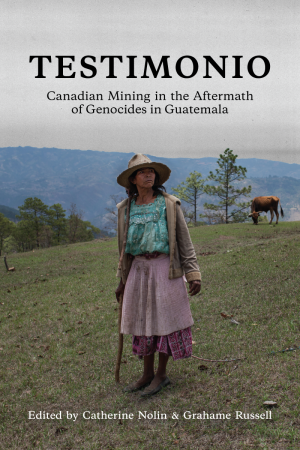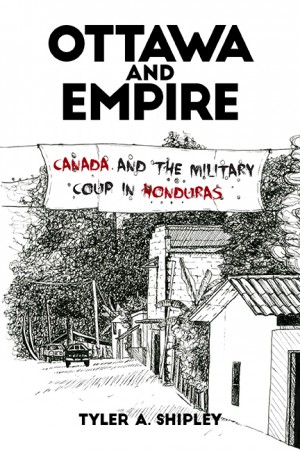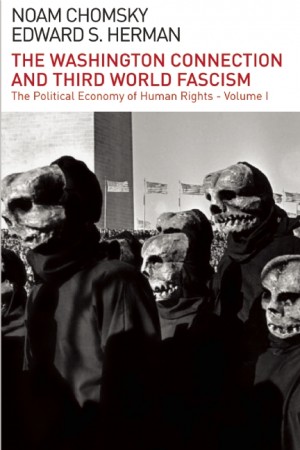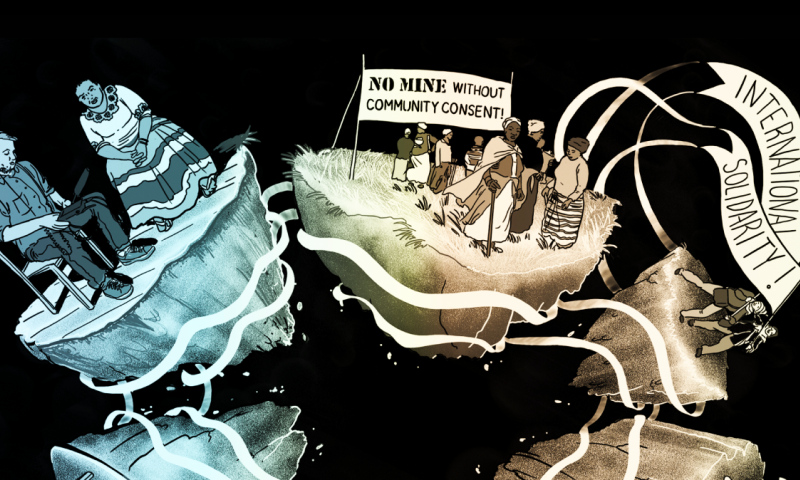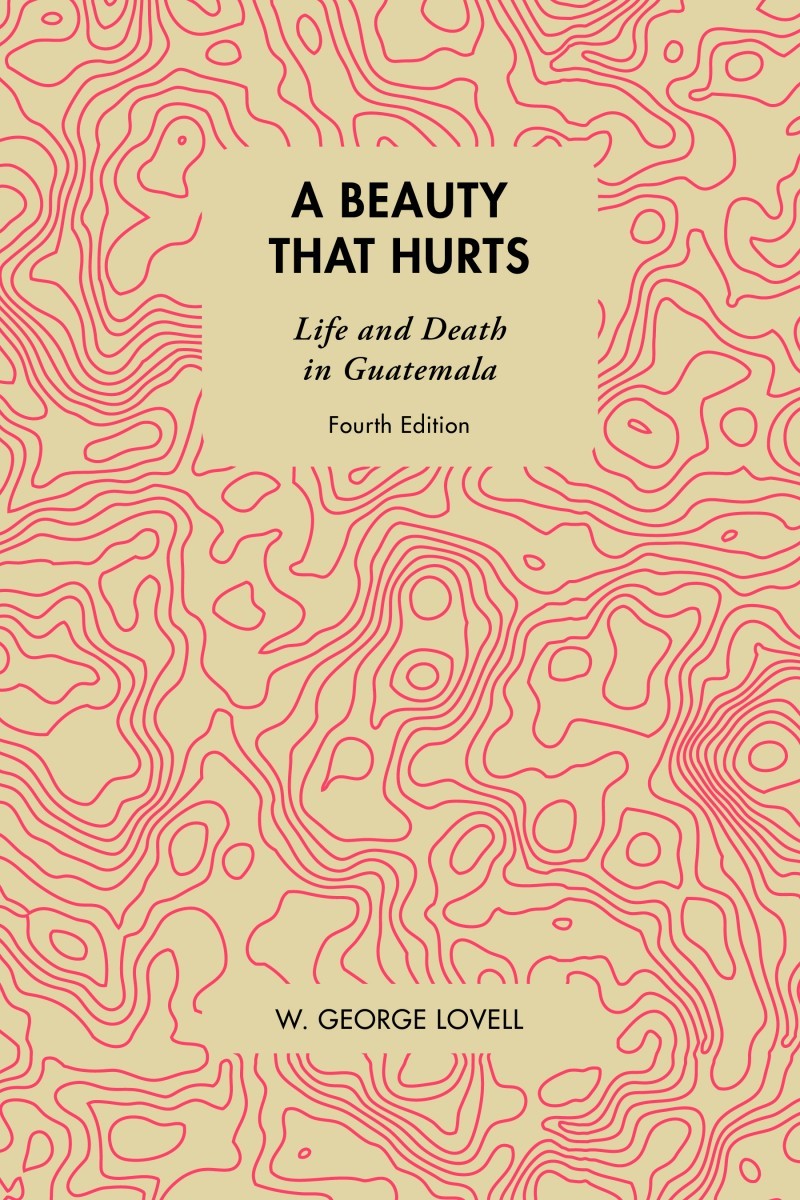
A Beauty that Hurts
Life and Death in Guatemala
Fourth edition
When A Beauty That Hurts first appeared in 1995, Guatemala was one of the world’s most flagrant violators of human rights. An accord brokered by the United Nations brought a measure of peace after three decades of armed conflict, but the country’s troubles are far from over. George Lovell revisits Guatemala to grapple once again with the terror inflicted on its Maya peoples by a military-dominated state.
Praise
“This is a true Guatemala Guide. George Lovell didn’t choose Guatemala—he was chosen by this land, in a magic way, to tell us about the shining voices that whisper in the heart of darkness.”
– Eduardo Galeano, author of Open Veins of Latin America and Memory of Fire
“Like the experience of many people who have journeyed to the country, in Guatemala I saw numerous contradictions of beauty and violence that captivated and mystified. In A Beauty That Hurts, George Lovell eloquently contemplates these contradictions by addressing how a visually stunning, culturally diverse, and resource-rich region could be embroiled in political violence that has lasted for centuries.”
– Curtis D. Holder, The Professional Geographer
“When anyone asks me to recommend a book to bring them up to date on Guatemala, the only book I can recommend is A Beauty That Hurts….It is the only book that provides readers with an understanding of Guatemala’s complex colonial history and the continued struggle for survival in twenty-first century Guatemala.”
– Matthew J. Taylor, Journal of Latin American Geography
“George Lovell is one of the few outsiders who has penetrated to the heart of the hideous tragedy that burns amid Guatemala’s beauty. He takes us there with style, originality, and calm understanding in this wise and moving book.”
– Ronald Wright, author of Time Among the Maya and Stolen Continents
Contents
| Preface | |
| Acronyms | |
| Map | |
| Part I | Struggle and Survival |
| 1. | Q’anjob ’al Canadian |
| 2. | Nobel K’iche’ |
| 3. | Jakaltek American |
| 4. | Doña Magdalena |
| 5. | Through a Lens, Darkly |
| 6. | Devils and Angels |
| Part II | Blood and Ink |
| 7. | The Delivery Man |
| 8. | Into the Fire |
| 9. | Scorched Earth |
| 10. | Futility at the Polls |
| 11. | Civilian Rule |
| 12. | A Militarized Society |
| 13. | The Daily News |
| 14. | The Fiction of Democracy |
| 15. | Searching for Peace |
| 16. | Scarred by War |
| 17. | How Was Guatemala? |
| A Guatemalan Gallery | |
| Part III | A Peace Resembling War |
| 18. | Arzú (1996–2000) and the Peace Accord |
| 19. | Gerardi, REMHI, and the Spectre of Impunity |
| 20. | Tomuschat and the Truth Commission |
| 21. | Apology, Denial, and the Death-Squad Diary |
| 22. | Justice and Representation |
| 23. | Portillo (2000–2004) and the Corruption of Power |
| 24. | Berger (2004–2008), the Atrocity Archive, and Business as Usual |
| 25. | Colom (2008–2012) and the Failure of the State |
| 26. | Pérez Molina (2012–2015) and the End of the Line |
| Part IV | History, Archives, and the Enduring Maya |
| 27. | The Colonial Experience |
| 28. | The Century after Independence |
| 29. | Arbenz and the Fruit Company |
| 30. | The Archive that Never Was |
| 31. | The T-Shirt Parade |
| 32. | Indians in the Backcountry |
| Epilogue | |
| Sources and Commentary | |
| Index |

